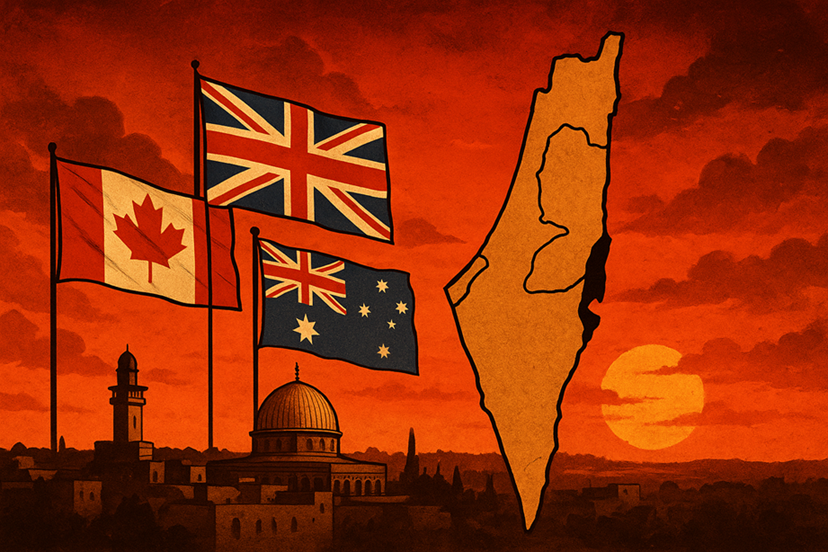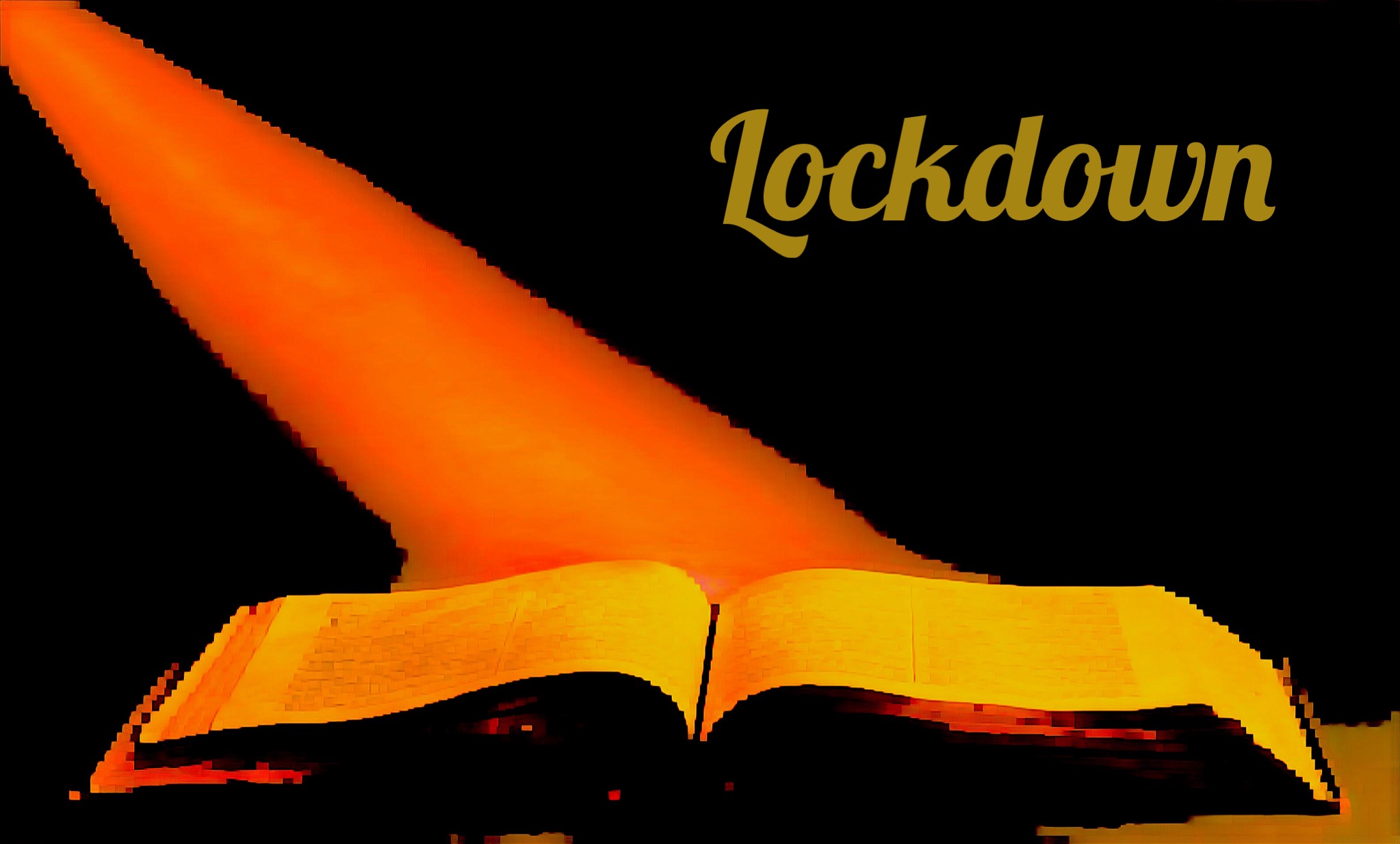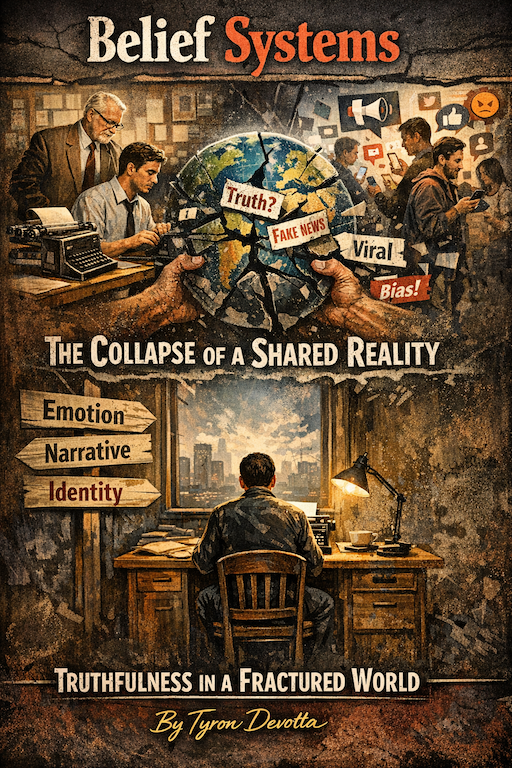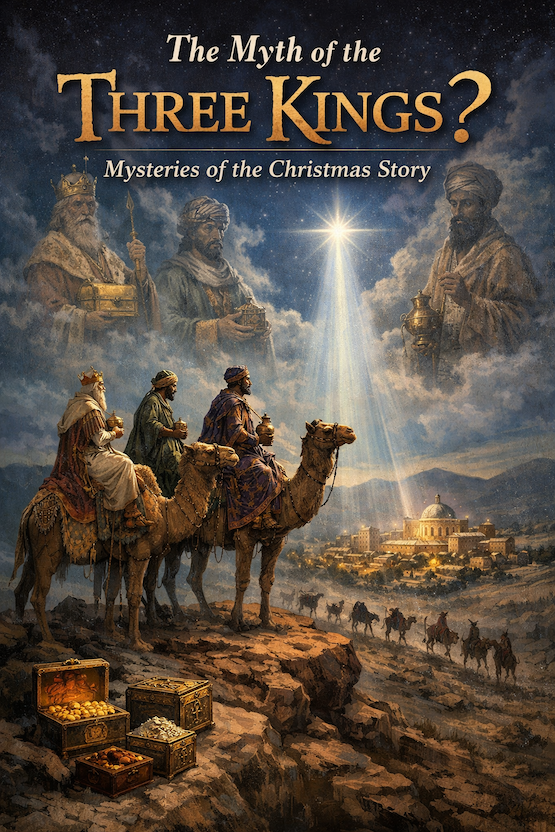When three of Israel’s closest Western partners — Canada, Australia, and the United Kingdom (UK) — announced their recognition of a Palestinian state, the move was hailed by many as a long-overdue step toward justice for the Palestinian people. Yet, in the broader sweep of geopolitics, it is also a signal that the once-solid consensus among Western allies around Israel’s cause is beginning to fragment.
For the political analyst, the recognition is pragmatic. These countries have calculated that aligning with a growing international bloc favoring Palestinian sovereignty strengthens their credibility in the Global South, repositions them within the United Nations, and signals frustration with Israel’s ongoing settlement expansion and military campaigns in Gaza. In practical terms, this recognition may not alter realities on the ground immediately, but it deepens Israel’s diplomatic isolation — particularly striking, given that these three nations are part of the U.S.-led “Five Eyes” intelligence alliance and have historically stood shoulder-to-shoulder with Washington.
But to end-time watchers, who view global affairs through the lens of biblical prophecy, this development carries a different, sobering weight. For them, the recognition of Palestine is not just diplomacy. It is a sign.
Dividing the Land: A Prophetic Trigger
The Hebrew prophets repeatedly warned against the division of the land of Israel. Joel 3:2 records God’s judgment on nations that “scattered My people among the nations and divided up My land.” Likewise, the prophet Zechariah declared: “I am going to make Jerusalem a cup that sends all the surrounding peoples reeling. Judah will be besieged as well as Jerusalem. On that day, when all the nations of the earth are gathered against her, I will make Jerusalem an immovable rock for all the nations. All who try to move it will injure themselves” (Zechariah 12:2–3, NIV).
For prophecy interpreters, recognition of Palestinian statehood — especially when framed around East Jerusalem as a capital — is not a neutral act of peacemaking. It is, in their eyes, an attempt to divide the very land God calls His own. In that framework, Canada, Australia, and the UK are not merely shifting diplomatic posture; they are stepping into a drama that Scripture says will draw nations into judgment.
The Drift of Nations
For decades, prophecy teachers have warned of a coming global alignment against Israel. Ezekiel 38–39 describes a coalition led by “Gog of the land of Magog” from the north, joined by Persia, Cush, Put, and others, who will attack Israel in the last days. While scholars debate the identity of these nations, the key idea is that Israel will be isolated, surrounded, and seemingly abandoned by the nations of the world.
Recognition of Palestine by three staunchly Western, democratic allies feeds directly into this narrative. Once considered among Israel’s most dependable friends, these nations now add weight to the international consensus that Israel must be pressured into concessions. For watchers of prophecy, this is not just politics but the outworking of an ancient script: nations drifting, almost irresistibly, into alignment against Israel.
The Psalmist foresaw this centuries ago: “Why do the nations conspire and the peoples plot in vain? The kings of the earth rise up and the rulers band together against the Lord and against his anointed” (Psalm 2:1–2, NIV).
Toward Armageddon
In the New Testament, the prophetic theme intensifies. The Book of Revelation describes demonic spirits that “go out to the kings of the whole world, to gather them for the battle on the great day of God Almighty” (Revelation 16:14, NIV). This gathering takes place at Armageddon, in the land of Israel. To prophecy watchers, every diplomatic move that weakens Israel’s standing or divides its land is a small step in the long march toward that final confrontation.
Jesus Himself, in the Olivet Discourse, warned of wars, rumors of wars, and nations rising against nations (Matthew 24:6–7). He told His followers to “watch” the signs, not as detached spectators but as those who understand the convergence of events. In this light, recognition of Palestine is not just another headline but a marker — a reminder that the prophetic clock is still ticking.
A Double Lens
Of course, not all share this perspective. For diplomats in Ottawa, Canberra, and London, recognition is framed as an act of moral clarity: standing with an oppressed people, supporting a two-state solution, and signaling that Israel cannot act with impunity. For secular analysts, biblical prophecy is irrelevant, a relic of an older worldview.
Yet for millions of Christians across the globe, prophecy is not irrelevant but essential. They see the world through a double lens: geopolitics on the surface, but prophecy in the depth. To them, today’s recognition of Palestine is one more piece in a centuries-old puzzle that appears to be snapping into place.
The Watchers’ Warning
End-time watchers do not deny the humanitarian plight of the Palestinian people. But they argue that any attempt to solve the conflict by dividing the land will bring not peace but peril. As they see it, the recognition by Canada, Australia, and the UK only underscores humanity’s refusal to heed God’s warning:
“I will gather all nations and bring them down to the Valley of Jehoshaphat. There I will put them on trial for what they did to my inheritance, my people Israel, because they scattered my people among the nations and divided up my land” (Joel 3:2, NIV).
To prophecy watchers, this is not allegory. It is literal. And the nations that participate in dividing the land — however noble their intentions — are aligning themselves against God’s declared purposes.
Conclusion: Politics or Prophecy?
Whether one interprets the recognition of Palestine as geopolitical pragmatism or prophetic inevitability, there is no denying its significance. Canada, Australia, and the UK have broken ranks with the past. In doing so, they have stirred not only the diplomats of the present but also the watchers of eternity.
From a political view, the move may reshape alliances and push the two-state solution back into the global conversation. From a prophetic view, it is one more sign that the nations are gathering, as Scripture said they would, against Jerusalem and Israel.
The tension between these two lenses is itself a reminder: history is never only about politics. For many, it is also about prophecy — and the conviction that what was written thousands of years ago is still unfolding before our eyes today.













